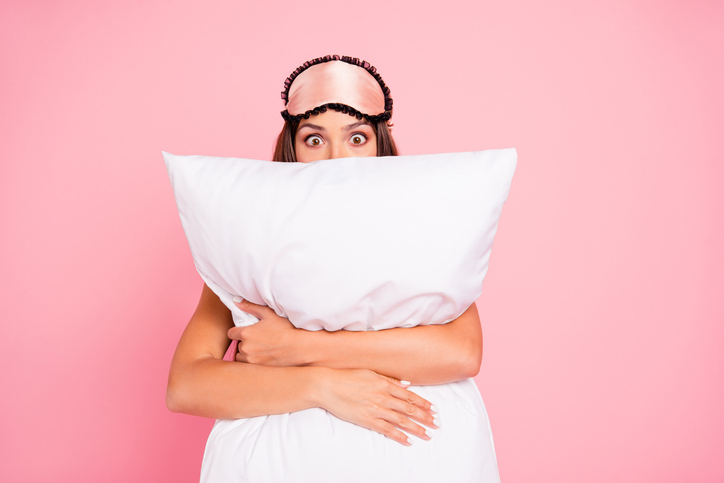
Think back to the last time you had a night of quality sleep – last week, last month or maybe you can’t remember. If you happen to fall into any of those categories, you are not alone. One-third of U.S. adults don’t meet the recommended threshold of seven hours of sleep per night, according to the Centers for Disease Control and Prevention. Between work, kids and all of life’s demands, finding time for restful, restorative sleep can be difficult.
As more studies show the importance of healthy sleep and the impact it has on overall wellbeing, it is crucial to be purposeful about our habits. The absence of successful slumber can increase the likelihood of health risks, like obesity, diabetes and heart problems. After as little as one night of insufficient sleep, a variety of side effects can take place, including reduced productivity, cognitive function, and alertness, along with increased irritability, stress, and anxiety. While the thought of carving out time to get more sleep can be overwhelming, imagine the daily improvements that can occur if you are intentional about developing better routines.

Enhancing your sleep can be accomplished in a few small steps:
Snoozing Environment
Create a peaceful setting for optimal sleep by removing distractions and unnecessary stress. Try not to eat or work in the bedroom and leave computers, tablets, cell phones, and TVs in other areas of the home. Your environment can significantly impact mindset, so make the room a space for sleeping only.
Sleep Schedule
Going to bed and waking up around the same time each day is one of the most important factors to improving sleep quality. Even on weekends and during vacations, creating a consistent pattern is key. By establishing a steady schedule, you will fall asleep faster and go through the stages of sleep more effectively. Once the pattern is set, try your best to maintain it.
No-stress Slumber
You can’t force yourself to fall asleep, and stressing over lost sleep will not do you any favors. If you are in bed and can’t sleep, let yourself get up and move to a different room. Try reading a book, writing in a journal, or enjoying a cup of calming, caffeine-free tea. Avoid blue light screens in technology and any activity that can cause you to become more alert. When the drowsiness begins to set in, go back to bed for another attempt.
New Habits Take Time
The hustle and bustle of modern life can make consistent sleep feel impossible. Slowly incorporate these tips into your lifestyle and remind yourself that you are doing the best you can. Keep a sleep journal nearby to document your progress and figure out what practices work for your style. Take it one sleep at a time.
David Klose is a Certified Sleep Science Coach at Amerisleep, an award-winning brand that produces technologically-advanced sleep solutions.